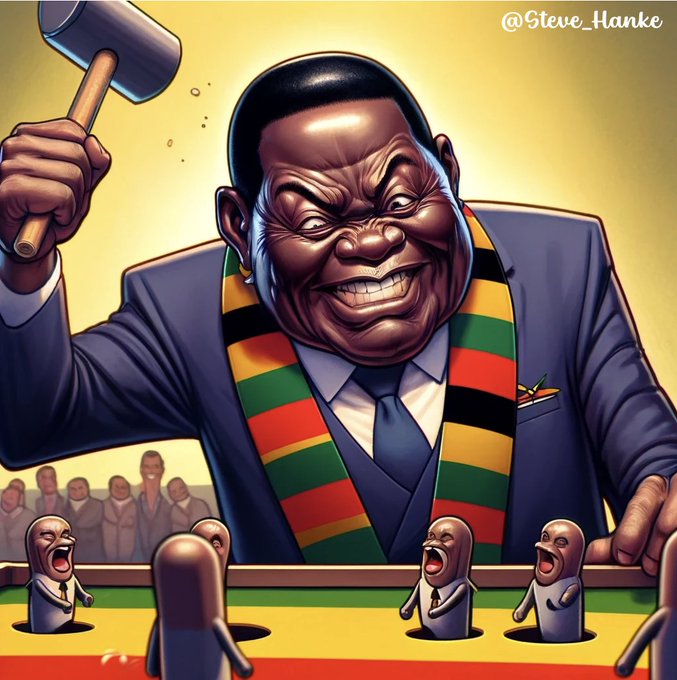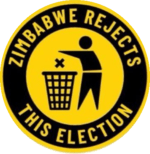 Mnangagwa's Chairmanship Sparks Controversy and Concern
Mnangagwa's Chairmanship Sparks Controversy and Concern
The situation in Zimbabwe under President Mnangagwa has raised significant concerns regarding human rights, governance, and the role of regional bodies like the Southern African Development Community (SADC).
Since Mnangagwa took power in 2017, the country has experienced a series of violent events, including the military's involvement in elections, protests, and a broader crackdown on dissent.
SADC, established to promote development, peace, and security, appears to have been ineffective in addressing the ongoing crisis in Zimbabwe. Critics argue that the organization has prioritized political alliances over the well-being of the citizens it is meant to serve.
This perception of SADC as a protective shield for leaders rather than a force for accountability has fuelled disillusionment among Zimbabweans.
In response to the dire situation, there is a call for the formation of a shadow diaspora government that can advocate for the rights and voices of Zimbabweans who feel silenced. Such a government could provide a platform for representation and push for international recognition, aiming to bring attention to the democratic crisis in Zimbabwe.
The emphasis on youth representation is also crucial, as the SADC region has a significant young population that can play a vital role in driving change. Mobilizing young leaders and activists could foster a new wave of advocacy for democracy and human rights in Zimbabwe and beyond.
Overall, the need for accountability, effective governance, and genuine representation in Zimbabwe remains urgent, and the role of regional organizations like SADC will be critical in determining the future of the country.
